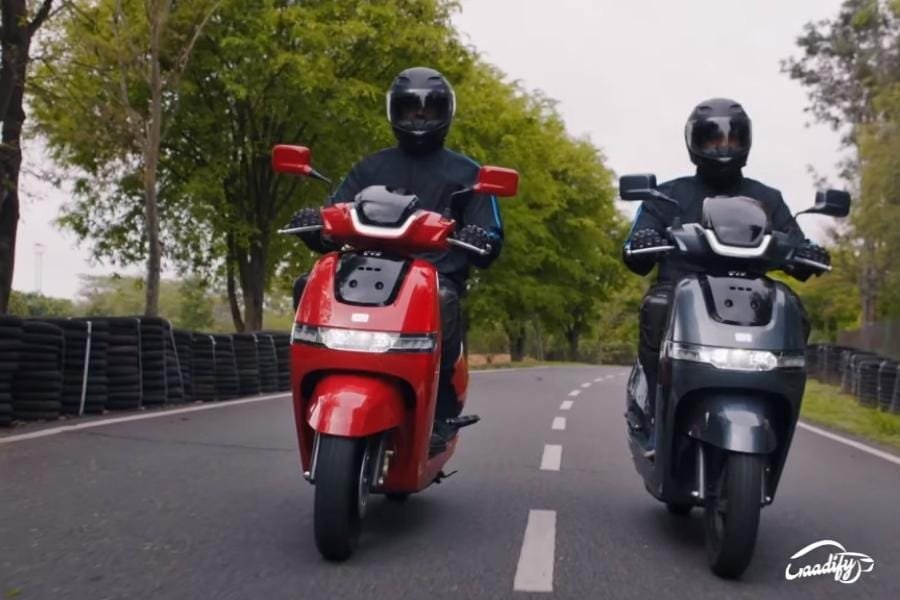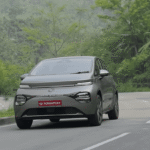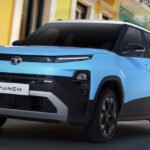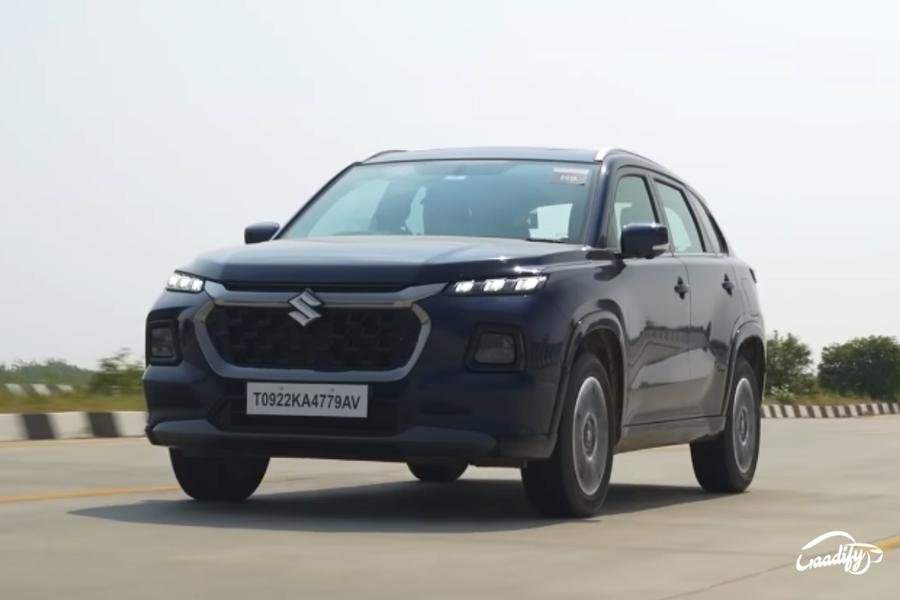Amazon India and TVS Motor Company today announced a strategic engagement partnership to strengthen electric mobility, electric infrastructure and connected services. As part of this collaboration, a fleet of electric two-wheelers and three-wheelers from TVS Motor will be deployed for Amazon’s last-mile deliveries. Additionally, the two companies will examine EV use cases for the network and logistical requirements of various Amazon business groups. This partnership is a part of Amazon’s commitment to achieve net-zero carbon by 2040. Earlier, the e-commerce giant had also partnered with Mahindra Electric to deploy 10,000 Treo Zor delivery vehicles.
Currently, TVS has only one electric vehicle in its lineup, the iQube electric scooter, which offers a range of up to 145 kilometres, depending on the variant. There are also no removable batteries that can be swapped out easily. However, its range-topping ST variant supports fast charging of up to 1.5kW. However, this variant hasn’t been launched yet. The mid-spec S and base-spec standard variant, on the other hand, promise a range of up to 100 kilometres and supports charging of up to 950W. Click here for more details.
Commenting on this occasion, Manu Saxena, Senior Vice President, Future Mobility, TVS Motor Company said “ We have always been at the forefront of driving electrification in the industry with our continued focus in the two-wheeler and three-wheeler segment. With the great success of TVS iQube Electric, we now intend to expand our electric offering across multiple segments and commercial mobility stands at the opportune inflection point. TVS Motor is now ready with electric two-wheeler and three-wheeler product options for B2B along with an ecosystem of connected service and alternate ownership. We are happy to collaborate with Amazon India, which marks a big milestone in our journey, and contribute to our joint goals of electrifying their mobility services. We are confident that this collaboration will open the door to creative solutions that will further nurture a more resilient, sustainable, and brighter future.”








